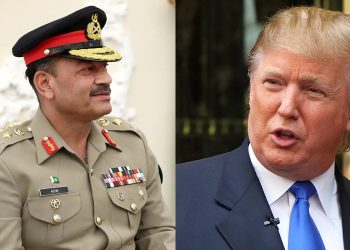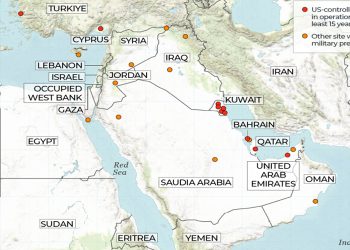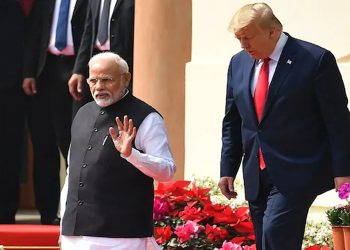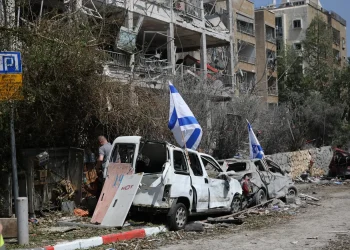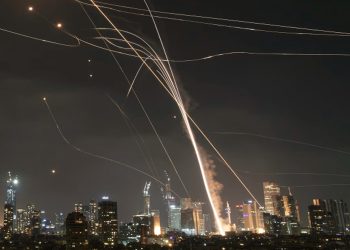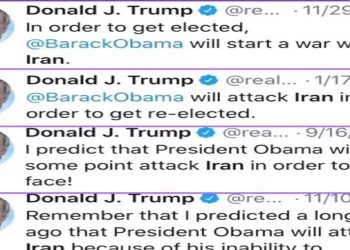Israel’s three-man war cabinet is currently deliberating the country’s reaction to an overnight onslaught of drone and missile attacks from Iran, raising concerns of escalating tensions in the Middle East toward a full-blown regional conflict.
Empowered to determine the appropriate course of action in the wake of the assault, Defense Minister Yoav Gallant emphasized the ongoing nature of the crisis, stating, “This event is not over yet.” Gallant praised the unprecedented interception of the attack but stressed the necessity of readiness for any potential scenario. Prime Minister Benjamin Netanyahu echoed this sentiment, declaring, “We have intercepted, we have contained. Together we shall win.”
While Israel remains poised to retaliate, the specific nature and scale of its response are yet to be finalized, according to an Israeli official speaking to CNN. The official highlighted the deliberation between decisive action and measured response within Israel’s strategic considerations.
Anticipation of Iran’s retaliatory strike had been mounting since a suspected Israeli attack on an Iranian diplomatic facility in Syria earlier this month. The anticipated strike materialized late Saturday, with over 300 projectiles, including approximately 170 drones and 120 ballistic missiles, launched towards Israeli territory. Israeli authorities reported successful interception of the majority of the projectiles with assistance from allies such as the US, the UK, and France, though a 10-year-old girl sustained serious injuries from intercepted shrapnel.
Meanwhile, Iran issued a stern warning, cautioning against any further aggression. President Ebrahim Raisi asserted that reckless actions by Israel or its supporters would elicit a robust and definitive response, including the possibility of larger attacks on Israeli territory. Additionally, Iran called upon the United States to refrain from endorsing any Israeli military action.







![Israeli Prime Minister Benjamin Netanyahu, who has held talks at AIPAC at earlier editions, is scheduled speak at this year's conference again [File: Jonathan Ernst/Reuters]](https://mmnews.tv/wp-content/uploads/2023/11/AIPAC.jpg)
